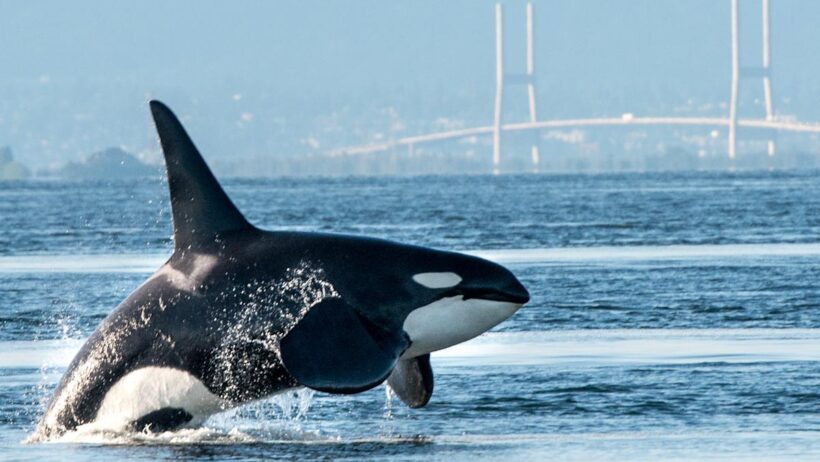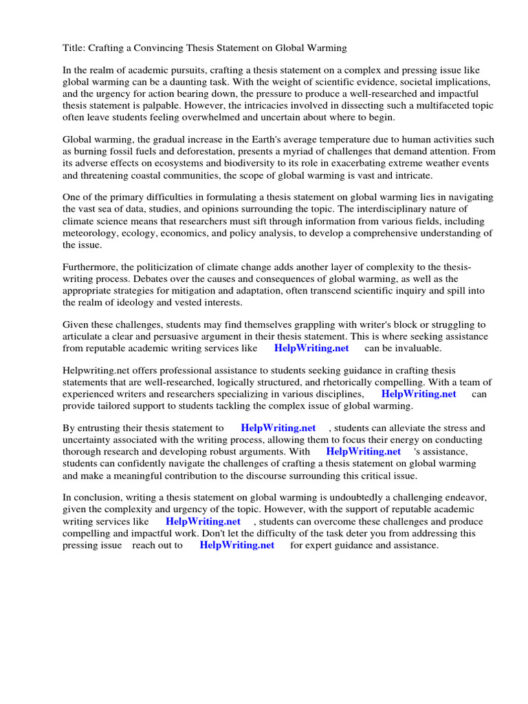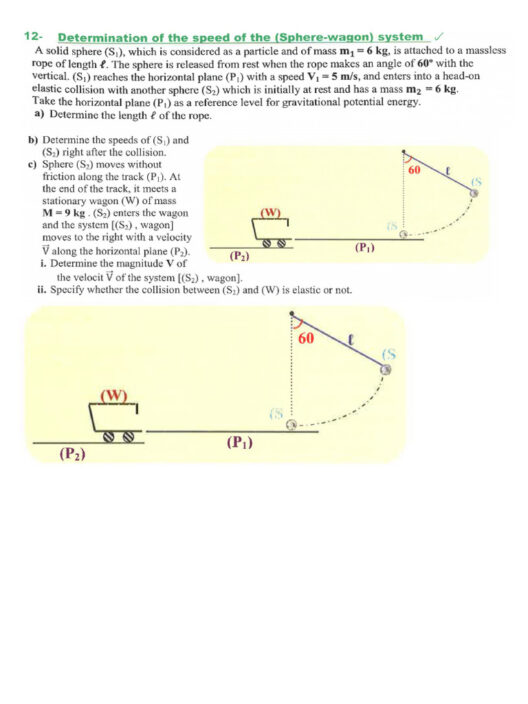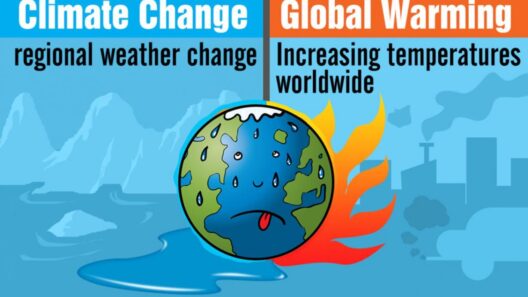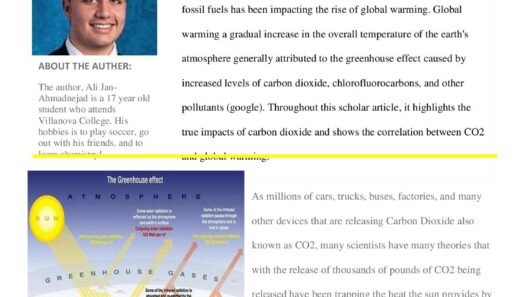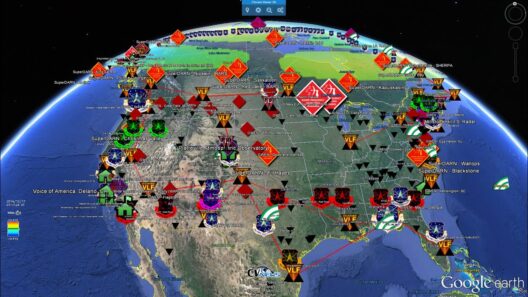The ocean’s apex predator, the killer whale, or orca (Orcinus orca), stands at the pinnacle of marine ecosystems. With their powerful physiques, advanced cognitive abilities, and complex social structures, killer whales have long captivated human curiosity. However, as the Earth’s climate undergoes rapid transformation, these magnificent creatures find themselves ensnared in an enduring crisis. What was once regarded as an invincible species now faces unprecedented challenges brought on by a warming world.
The plight of killer whales epitomizes the effects of climate change in marine environments. As the planet warms, so too do our oceans. This increase in temperature is not merely a statistic; it has dire implications for the delicate balance of marine ecosystems. With most killer whale populations relying heavily on specific prey, any shifts in the availability of food sources can spell disaster. As marine ecosystems evolve and adapt (or, in many cases, fail to adapt), killer whales are thrust into a reality fraught with jeopardy.
One of the most pressing concerns linked to climate change is the diminishing ice cover in polar regions, particularly the Arctic. Killer whales are known to hunt in icy waters, preying on seals and other marine mammals that depend on sea ice for their survival. The ongoing melt of this critical habitat not only disrupts traditional hunting patterns but also threatens the very existence of their prey. As ice recedes, so do the seals, leading killer whales on a relentless quest for sustenance, one that often leads to starvation and decreased reproduction rates.
Furthermore, the warming oceans contribute to shifting distributions of fish and marine mammals. Many populations of seals, for example, are moving further north in search of suitable habitat. This migration creates a disconnect between killer whales and their primary food sources, compelling these apex predators to travel greater distances in search of nourishment. Consequently, the additional strain on energy reserves can lead to decreased reproductive success and increased mortality rates among pods.
The repercussions of climate change are not solely confined to prey availability but extend to the broader ecosystem. Ocean acidification—a direct consequence of increased carbon dioxide absorption by seawater—poses another significant threat. This phenomenon disrupts the delicate balance of marine life, affecting everything from plankton to larger species in the food web. Killer whales, who depend on a rich and diverse ecosystem for sustenance, find themselves vulnerable as their environment undergoes such seismic shifts.
Moreover, the impacts of climate change are exacerbated by anthropogenic activities such as shipping, fishing, and oil exploration. Increased marine traffic not only disrupts the natural behaviors of killer whales but also introduces pollutants and noise into their habitats. These factors are particularly detrimental to the communication and echolocation abilities of these highly social animals, which rely on sonic signals for hunting, navigation, and social bonding. A cacophony of human-induced sounds can distort these signals, leading to increased stress and potential disorientation.
The threat of climate change to killer whales demands a shift in perspective—a collective reevaluation of our role as stewards of the environment. Understanding the complexity of their plight and the interconnectedness of all marine life can ignite motivation for action. Recognizing that killer whales are not isolated from the broader environmental crises we face transforms them into a poignant symbol of what is at stake. They stand as reflections of the planet’s health, embodying the consequences of our choices.
Conservation efforts tailored to protect killer whales must extend beyond mere population monitoring. Addressing climate change holistically is imperative; mitigation strategies should integrate sustainable practices across industries. Transitioning to renewable energy sources, regulating maritime traffic, and enforcing stricter fishing quotas are essential steps toward creating healthier ocean ecosystems. It is vital to curtail practices that lead to habitat degradation and pollution, so the delicate balance of marine life can be restored.
Moreover, community engagement is crucial in fostering a deeper understanding of the challenges killer whales face. Education initiatives aimed at raising public awareness can cultivate a sense of responsibility toward marine conservation. By inspiring individuals to participate in local stewardship programs, the ripple effect can amplify efforts to safeguard these majestic creatures. Collective action can create a wave of change that resonates across communities, galvanizing support for the protection of killer whales and their environments.
The narrative surrounding killer whales is not solely one of crisis; it holds the potential for hope and resilience. Our understanding of marine life is evolving, revealing the intricate tapestry of life beneath the waves. Killer whales can act as a rallying point, igniting curiosity and compassion for the oceans. They encapsulate the delicate interdependencies of marine ecosystems, serving as a catalyst for change in how we approach conservation.
In conclusion, killer whales, as ocean’s apex predators, are indeed ‘in crisis,’ but their story does not have to end in desolation. By recognizing their struggles and addressing the multitude of challenges they face, humanity has the opportunity to enact significant change. Now is the time for proactive measures, compassion, and cooperation to ensure that these extraordinary creatures continue to thrive in an increasingly warming world. The fate of killer whales is, ultimately, tied to our own; safeguarding their future is an essential part of safeguarding the planet.



